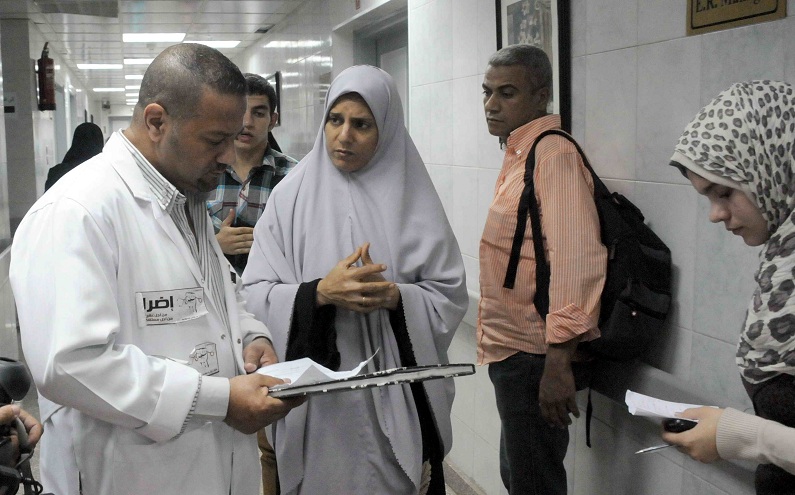MILAN: A judge will decide next month whether to continue with the politically sensitive trial of 26 Americans and seven Italians accused in the alleged kidnapping of an Egyptian terror suspect after the high court threw out key evidence deemed classified.
Defense lawyers for the Americans – mostly CIA agents – and Italians argued Wednesday the exclusion of the evidence made it impossible to continue with the trial. The prosecution argued the indictments were still valid and the trial should go on.
Judge Oscar Magi said he would announce his decision May 20.
The viability of the two-year-old trial has been hanging on the Italian Constitutional Court s ruling, issued in full earlier this month, on which evidence pertaining to the alleged CIA-run kidnapping as part of its renditions program is considered classified, and therefore inadmissible.
The high court s ruling threw out key testimony from Luciano Peroni, an intelligence agent who acknowledged being present on Feb. 17, 2003 when Egyptian cleric Osama Moustafa Hassan Nasr, also known as Abu Omar, was taken from a Milan street in broad daylight.
Prosecutors say he was then transported in a van to the Aviano Air Force base, from where he was flown to the Ramstein Air Base in southern Germany, then onward to Egypt, where he was held and allegedly tortured. He has since been released.
The Constitutional Court also threw out any evidence that would reveal the workings between the CIA and Italian intelligence agents, who are among the defendants.
Defense lawyers for both the American and Italian defendants requested their clients be cleared – something not technically possible at this stage.
In one case, the defense for Nicolo Pollari, the former head of the military intelligence, said he needed access to classified information to prove his client had no involvement in the kidnapping.
Prosecutor Armando Spataro argued the indictments maintained their integrity, even without the excluded evidence. He noted that the case against the Americans began at least a year before the Italians were investigated, meaning that any evidence pertaining to the Italian secret services that is seen as classified was not used to build the case against the Americans. Prosecutors have also said that state secrets cannot apply to illegal operations, such as kidnapping.
Just at the moment in which the United State is lifting the veil on its secrets regarding illegal practices in the fight against terrorism with statements from President Barack Obama, here information protected as classified is being expanded excessively, Spataro told the court.
Magi could decide to continue the case, throw out the indictments – which would send the case back to the preliminary hearing stage – or rule the trial can t go on if he views the remaining evidence as insufficient.
Defense lawyer Alessia Sorgato, who is defending three American clients, said he could also decide to continue the trial for the American defendants while stopping it for the Italians, on the basis that classified information applied only to the Italian secret services.
Sorgato said a decision to simply end the trial would be the worst decision possible. It would mean not guilty and not innocent. Simply, I don t have enough evidence.
The CIA has refused to comment on the trial, and the Americans are being tried in absentia. The defense lawyers for the Americans have acted without any contact with their clients.
Italy s government has denied any involvement in the kidnapping.
The trial has proved an embarrassment to both conservative and left-leaning Italian governments, with both Premier Silvio Berlusconi and his predecessor Romano Prodi having warned that testimony in the case could compromise operations between Italian spy services and the CIA.

